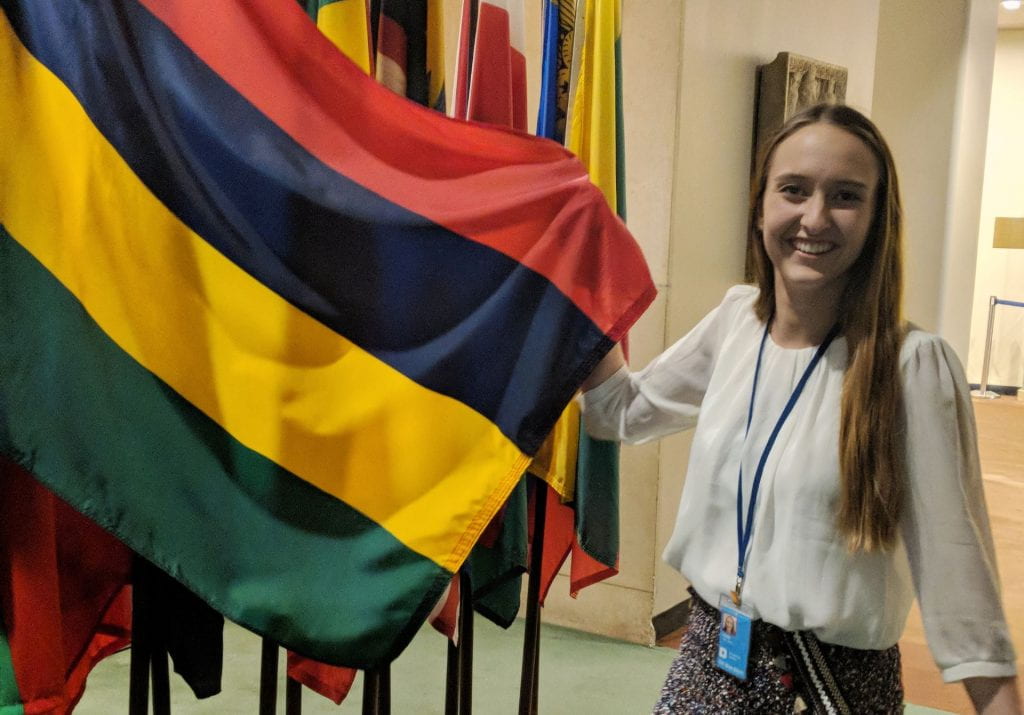My Global Internship: 8 steps to making a strong application
By skye.aitken, on 18 November 2019
Written by Rhiannon Williams, Global Internships Manager at UCL Careers.
Welcome to the third blog in the ‘My Global Internship’ series. You’ve heard about global mindset and how you can get started with your search for an international internship. Now it’s time to think about making some applications…
Whether you’re applying for an internship in a company that’s around the corner, or on the other side of the world, general advice around how to construct a great CV, cover letter, and application is universal. You’ll want to prepare an application that highlights your skills, experience, and interests in order to convince an employer that you’re the best person for the role. Saying that, there is some additional preparation you can do if you are preparing an application for a global internship.
- Research, research, research
Use a site like GoinGlobal (a service that UCL Careers subscribes to) to check the conventions in the country you’re applying to. You don’t need to follow every rule – not only do CVs and cover letters differ from country to country, but also job to job and industry to industry. However, you might discover some useful guidelines, such as countries where it is standard practice to include things like a photo or pre-written references.
If you are planning to undertake an internship in Europe, you could also check out Europass, an online tool that helps you prepare the necessary documents to highlight your skills and qualifications, including template CVs, cover letters and a language self-assessment tool.
- Get your numbers right
Including a telephone number? Remember to include the right international dialing code. Writing a date? Get the order of day, month and year right for the standard practice of the country you’re applying to a job in. These seemingly small differences show that you’ve done your homework and back up any claim you’ve made of showing attention to detail!
- Highlight your language skills
It’s not always a prerequisite of a role to have any additional language skills, although if it is, you should certainly mention how you meet that criteria. Be honest with your skills and include your level of fluency. If you claim to be fluent in a second language, a native speaker can easily check this at interview stage. Write your application in the same language as the job advert (unless it is explicitly stated to submit it in another language).
- “Translating” your experience
Be aware that your qualifications, or even institution, may not be as well recognised in the country you are applying for an internship in. You can include the international equivalent to your degree (Scholera has a free conversion tool) and consider changing UCL to the local language (e.g. UCL is 伦敦大学学院in Chinese). You could mention that UCL is a world-leading university (top 10 according to the latest QS rankings) or include something specific about your department or course that makes it stand out internationally.
- Highlight your international experience
By applying for an internship outside of the UK and/or your home country, you should highlight your ability to work in a global context, adapt to a new environment and work with colleagues from different cultures. Highlight past experiences living abroad, language skills, working with peers from different nationalities and any examples of pushing yourself out of your comfort zone and overcoming challenges. Remember to also address the other skills that are required for the role – you might be able to adapt to life in the country as easy as pie, but you’ve also got to show that you’re the right candidate for the role! UCL Careers has plenty of general advice and guidance to help you write excellent CVs and cover letters on the UCL Careers website as well as the following CareersLab videos.
- Declare your visa status
Whilst not a requirement, it can be useful when applying for an internship in a foreign country to make clear your visa status at application stage. There may be cases where it’s simply not possible for an employer to accept an international candidate, so you could either find out beforehand or outline the situation in your application. Note that your visa status is different to your nationality, which you don’t have to disclose on your CV.
- Get a helping hand
All job applications should be proofread and spell-checked but this is particularly critical if you’ve written it in another language. Even if it is in English, it might be worth getting someone who doesn’t know UCL or your degree subject to read it to see if they can easily follow what you have written in your application. You could even contact recruitment agencies in the country where you intend to work and ask their advice.
- Applying speculatively
Not all internships are advertised and many students approach companies directly with the aim of securing an internship with that organisation. They may have found the company online or used their personal network to get contact details of an appropriate person. This is a really positive, proactive of finding opportunities and shows your eagerness to work for that company. If you go down this route, it is really important that you understand the culture before you send any emails. In some cultures, addressing the email or letter to ‘Dear Sir/Madam rather than a named contact can be seen as rude so try and find exactly who you want to approach.
Next steps
So it’s time to start making those applications! Remember you can have your application checked by a UCL Careers Consultant (in English!) before you send it off to an organisation. Next time we’ll be exploring video interviews, which are very common in the recruitment process when applying for internships overseas.
 Close
Close




